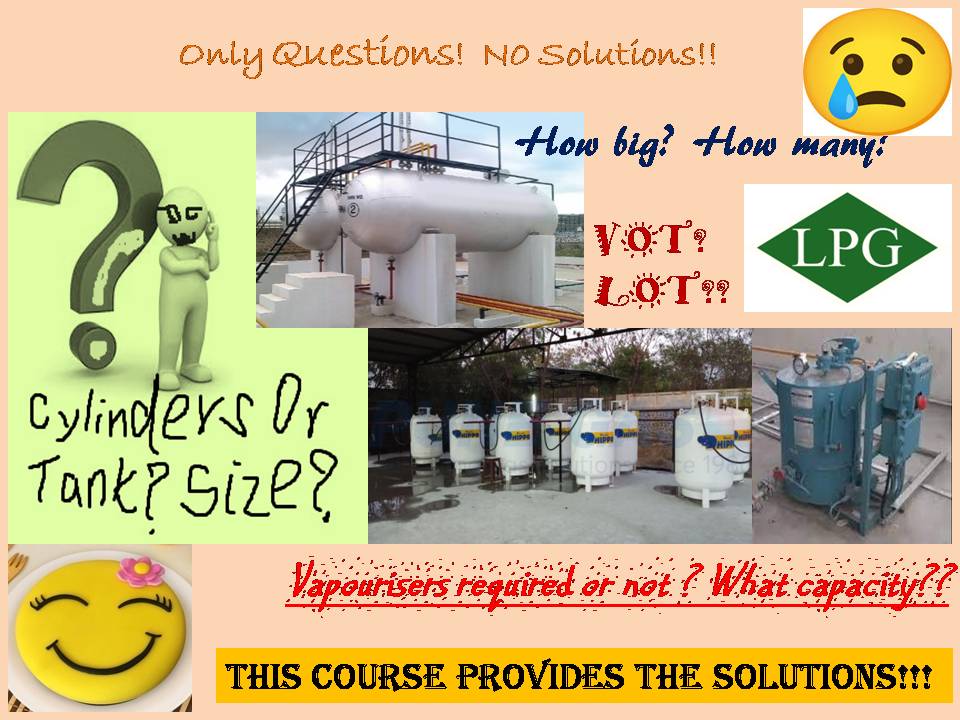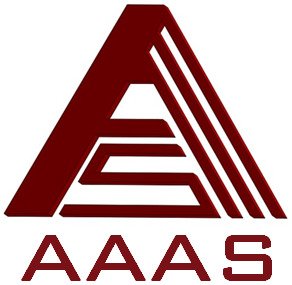Objective:
Mastering the process of estimating LPG requirement based on proposed / current fuel consumption, and selecting proper storage capacity / other related equipment
This course is recommended for,
ü Professionals familiar with LPG basics and having 2 or more years working experience in LPG storage and handling, manufacturing and marketing, installation of relevant equipment.
ü Application engineers, project engineers, costing engineers
ü Middle and senior level management staff responsible for company's growth
ü Entrepreneurs
Subject Description:
LPG is known as clean and efficient fuel. So, many years ago, industries started switching to LPG from other fuels like FO, Diesel, electrical power. The process still continues. New industries like steel re-rolling mills, foundries, forge-shops, fabrication shops, gas-cutting, heat treatment industry, paint shops and general industry with heavy fuel consumption, plan their production with LPG as fuel.
Hospitals, Hotel industry also use LPG as their main fuel. Bakeries, Large company canteens use LPG as fuel. Seasonal industries like seed drying, find LPG very convenient.
It is very essential to precisely calculate the consumption of LPG to plan storage facility. Under-capacity storage can result in shortage of fuel and loss of production. Over-capacity will result in unnecessary capital investment and uneconomical operations.
Optimized storage capacity decision can be taken through systematic analysis of consumption pattern, by collecting data of existing / proposed equipment consuming LPG.
For LPG contracting and consulting companies / supply companies, it is essential to know total consumption over certain time period like daily, monthly and also the peak consumption rate during a certain time slot.
It is equally important for the consumer company management also to take proper decision on this to avoid over or under capacity storage.
Upto certain limit, consumption can be met with cylinder installations, which needs less space and is economical. But beyond that, one needs to have storage vessels, like bullets.
Cylinders or tanks ? Which one to use? What size? Vapouriser required or not? What capacity?
This course answers all these questions.
This course explains the process of collecting and analysing the data using spreadsheets and graphs, leading to optimum storage. Case studies will explain the process in sufficient depth.






























